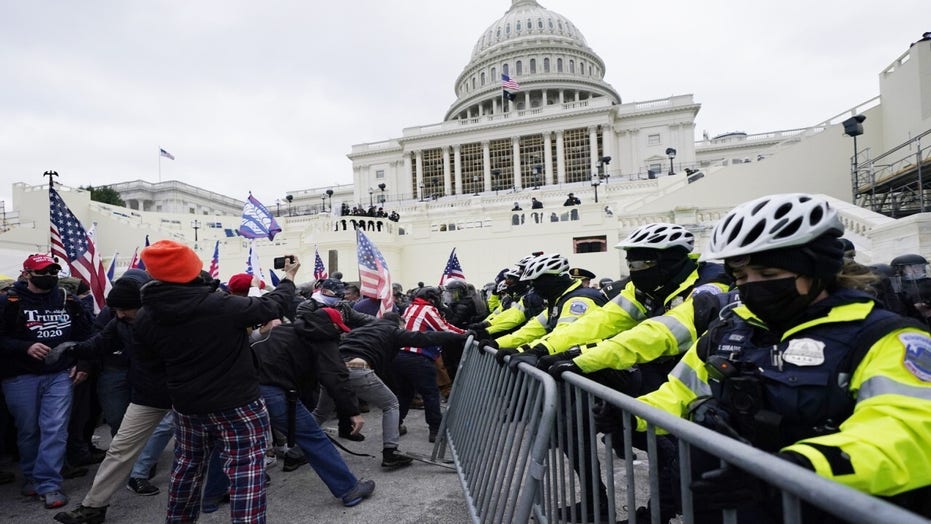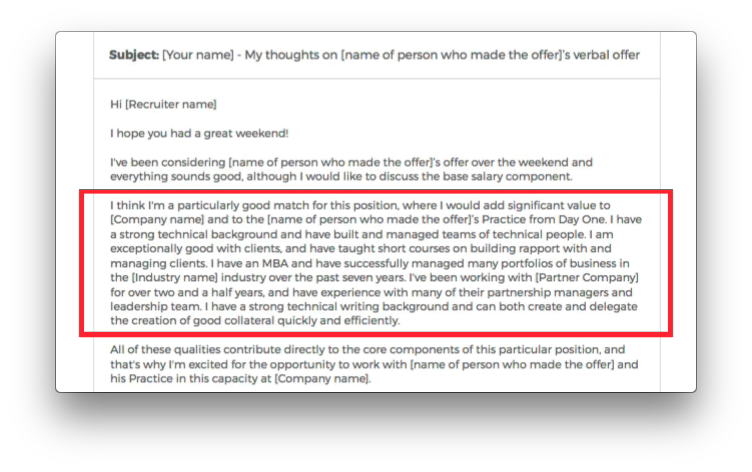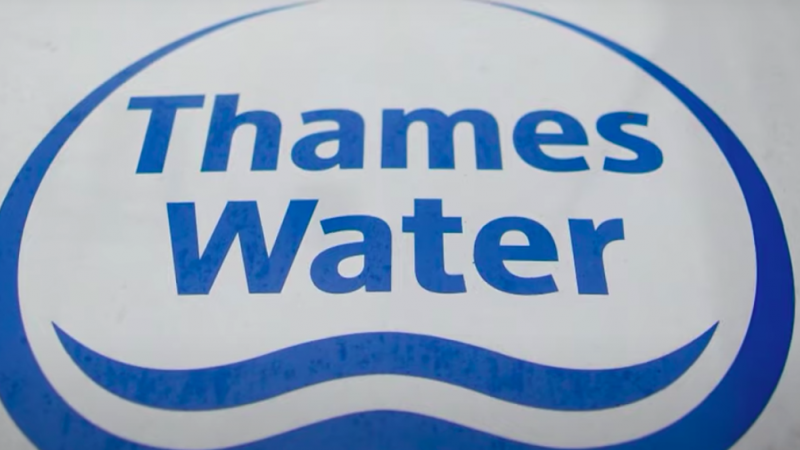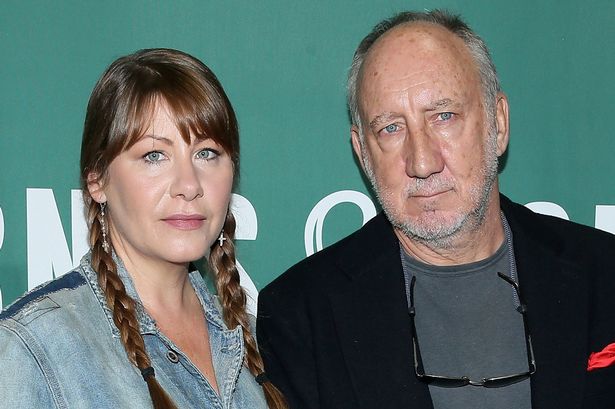Palestine Blocked: Microsoft's Email Filtering Under Scrutiny Following Protests

Table of Contents
The Allegations: How Microsoft's Filtering System is Impacting Palestinian Communication
The core of the controversy lies in allegations that Microsoft's email filtering system is actively suppressing communication related to the Palestinian cause. This suppression manifests in several ways:
Blocked Keywords and Domains:
- Reports indicate that keywords such as "Al-Aqsa Mosque," "Gaza," "Intifada," and names of prominent Palestinian activists are being flagged and blocked.
- Specific email addresses and domains associated with Palestinian organizations and news outlets are allegedly being filtered, preventing messages from reaching their intended recipients.
- Evidence suggests a disproportionate blocking of content related to Palestine compared to similar content concerning other regions or political movements, raising concerns about bias in the filtering algorithms. For example, while messages discussing protests in other parts of the world might pass through, similar messages originating from or concerning Palestine are frequently blocked.
Impact on Activists and Journalists:
The consequences of this filtering are severe for Palestinian activists and journalists:
- Fundraising efforts are significantly hindered as donation requests and appeals are blocked.
- Coordinating protests and organizing resistance becomes exceedingly difficult due to communication breakdowns.
- The suppression of news and information restricts the ability of Palestinians to share their experiences and perspectives with the world, potentially leading to a distorted global narrative. This impacts their ability to build international solidarity and support.
Violation of Free Speech Concerns:
The alleged censorship raises serious ethical and legal concerns, potentially violating international human rights principles and laws protecting freedom of expression. The right to free speech online is a fundamental human right, and the actions of tech giants like Microsoft have profound implications for the ability of marginalized communities to exercise this right. This situation highlights the urgent need to address the power that tech companies wield and the potential for abuse within their content moderation systems. We need to examine existing legal frameworks and consider potential improvements to better protect digital freedoms.
Microsoft's Response and the Public Backlash
Microsoft has yet to provide a comprehensive and satisfactory response to the allegations of biased filtering.
Microsoft's Official Statement:
[Insert Microsoft's official statement here, if available. If not, state that a formal response is lacking and note the absence of transparency.]
Public and Media Reaction:
The situation has sparked outrage across social media platforms and within the international media.
- Several social media campaigns, using hashtags like #PalestineBlocked and #DigitalApartheid, have brought global attention to the issue.
- Online petitions demanding increased transparency and accountability from Microsoft have garnered thousands of signatures.
- News articles and reports have been published by various international media outlets, highlighting the growing concerns about Microsoft's role in potentially silencing Palestinian voices.
Calls for Transparency and Accountability:
There are increasing calls for Microsoft to be more transparent about its filtering algorithms, criteria, and processes. A demand for accountability is also growing, pressing for investigations into the disproportionate impact of the filtering system on Palestinian communications. The lack of clarity regarding the decision-making process behind the filtering decisions raises serious concerns.
Potential Solutions and Future Implications
Addressing the "Palestine Blocked" issue requires a multifaceted approach:
Improving Microsoft's Filtering Algorithms:
Microsoft must urgently review and improve its email filtering algorithms to minimize bias and ensure that legitimate communications related to Palestine are not blocked. This requires independent auditing of the algorithms and increased transparency in their functioning.
Increased Oversight and Regulation:
There is a growing need for increased oversight and regulation of tech companies' content moderation practices. Independent regulatory bodies could help prevent biases and ensure adherence to human rights standards.
Long-Term Effects on Digital Rights:
The incident has far-reaching implications for digital rights in Palestine and globally. If unchecked, it sets a dangerous precedent for other tech companies and governments, potentially paving the way for further censorship and suppression of marginalized voices.
Conclusion: The Future of "Palestine Blocked" and the Fight for Digital Freedom
The "Palestine Blocked" situation underscores the crucial need for greater accountability and transparency in the world of online content moderation. The potential for tech companies to stifle free speech and disproportionately impact marginalized communities is a serious threat to digital freedom. We must demand action. Contact Microsoft directly [insert contact link here], sign petitions [insert petition links here], and support organizations fighting for digital rights in Palestine and around the world [insert relevant organization links here]. The fight for digital freedom requires continuous vigilance and collective action to prevent instances like "Palestine Blocked" from becoming the norm, ensuring that all voices can be heard online. The future of digital freedom depends on it.

Featured Posts
-
 Get The Answers Nyt Mini Crossword March 6 2025
May 23, 2025
Get The Answers Nyt Mini Crossword March 6 2025
May 23, 2025 -
 Pete Townshend On Zak Starkey The Who Drummers Return
May 23, 2025
Pete Townshend On Zak Starkey The Who Drummers Return
May 23, 2025 -
 Negotiating Your Salary Even After A Best And Final Offer
May 23, 2025
Negotiating Your Salary Even After A Best And Final Offer
May 23, 2025 -
 Thames Water Executive Bonus Scandal Analysis And Reaction
May 23, 2025
Thames Water Executive Bonus Scandal Analysis And Reaction
May 23, 2025 -
 The Art Of Collaboration And Live Performance A Look At Pete Townshends Career
May 23, 2025
The Art Of Collaboration And Live Performance A Look At Pete Townshends Career
May 23, 2025
